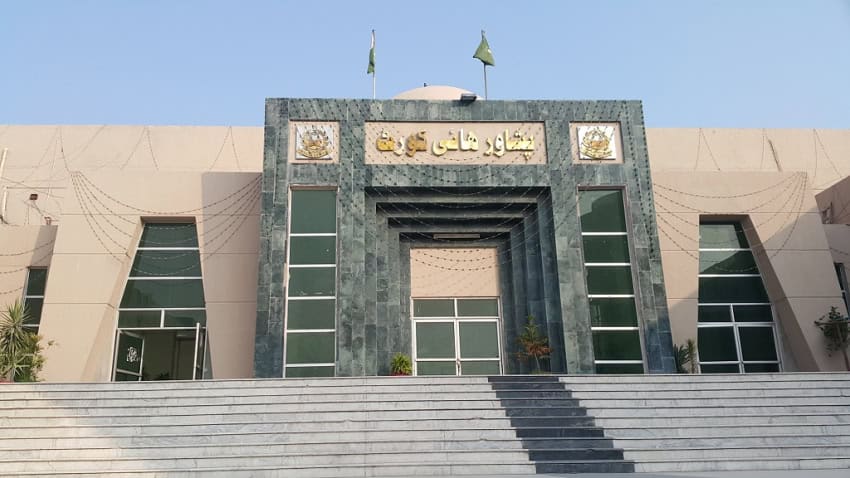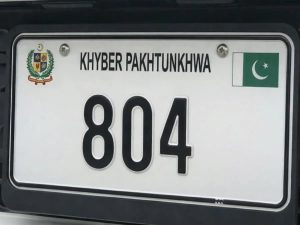The Peshawar High Court (PHC) has ruled that Pakistani women married to Afghan nationals are entitled to hold dual nationality, even if they possess the Afghan Citizens Card (ACC) or Proof of Registration (PoR).
A lawyer representing the petitioners described the ruling as a “landmark” development.
The two-member bench of the PHC, comprising Justice Arshad Ali and Justice Wiqar Ahmad, issued a 62-page judgment addressing 65 petitions on Pakistani citizenship. These petitions were filed by individuals with ACC or PoR cards, those married to Afghan nationals, or those with children born to Pakistani-Afghan parents.
The decision, announced on July 9, followed a number of petitions from Pakistani and Afghan nationals seeking relief after the Pakistani government’s directive last year for all illegal foreigners to leave the country by November 2023 or face arrest.
“This is a landmark decision of the Peshawar High Court as several individuals were suffering for years. This is not an issue of these 65 individuals but thousands of individuals who have been suffering over some time now,” said Nouman Muhib Kakakhel, one of the lawyers representing the petitioners, to Arab News on Sunday.
“Pakistan didn’t have any dual nationality law with Afghanistan. This decision will pave the way for many to address their issues in the court.”
The verdict categorized the cases into four groups: children born to Pakistani and Afghan parents with ACC or PoR cards, Pakistanis holding an ACC claiming dual citizenship, Afghans married to Pakistani nationals seeking PoR or citizenship, and individuals mistakenly declared Afghan and issued ACC cards.
“The situation that emerges from this analysis invariably leads one to a conclusion that a female Pakistani citizen who marries an Afghan citizen can retain dual nationality. Similarly, children born out of such wedlock can also retain their dual nationality of Pakistan as well as Afghanistan till attaining the age of 21 years,” the verdict read.
“They cannot be denied citizenship status as citizens of Pakistan for the reason that they are ACC or PoR holders. Their entry can co-exist in the NADRA database as well as in other databases of the government of Pakistan. Their CNICs [computerized national identity cards], if issued already, couldn’t be blocked for the reason that names of such persons have been found in the data of Afghan Citizenship or they have been found to be holders of PoRs.”
The court ruled that children of such marriages are “entitled to citizenship of Pakistan by issuance of Form B, notwithstanding the fact that they have been entered [as] ACC or PoR holders.”
The court also directed that applications of Pakistani nationals who had acquired ACC and PoR cards be “processed and decided swiftly, recognizing that certain citizens of the state are suffering and their grievances require to be remedied quickly.”
Hayat Roghani, a human rights activist, said the verdict would encourage many Afghans and Pakistanis facing similar issues to seek relief in court.
“The Afghan refugees have lived together with Pakistani Pashtuns and have relations with each other,” he said. “The last year’s order of the Pakistan government to expel undocumented foreign nationals to their countries intensified the problems of Pakistanis too.”
Roghani noted that Pakistani Pashtuns and Afghan refugees had shared businesses and marriages, but the directives to expel foreign nationals had made things difficult for both groups.
“The decision of the Peshawar High Court is a precedent, and many others will benefit from it in the future,” he added.














